I. Overview
Guangdong Technology College traces its origins to the Zhaoqing Science and Technology Training School, which was founded in 1995. In 2004, it was upgraded to the Zhaoqing Science and Technology Polytechnic after being approved by the People’s Government of Guangdong Province. In 2014, the college was renamed Guangdong Technology College and began offering undergraduate degree programs with the approval of the Ministry of Education (Document No. 124 [2014]).
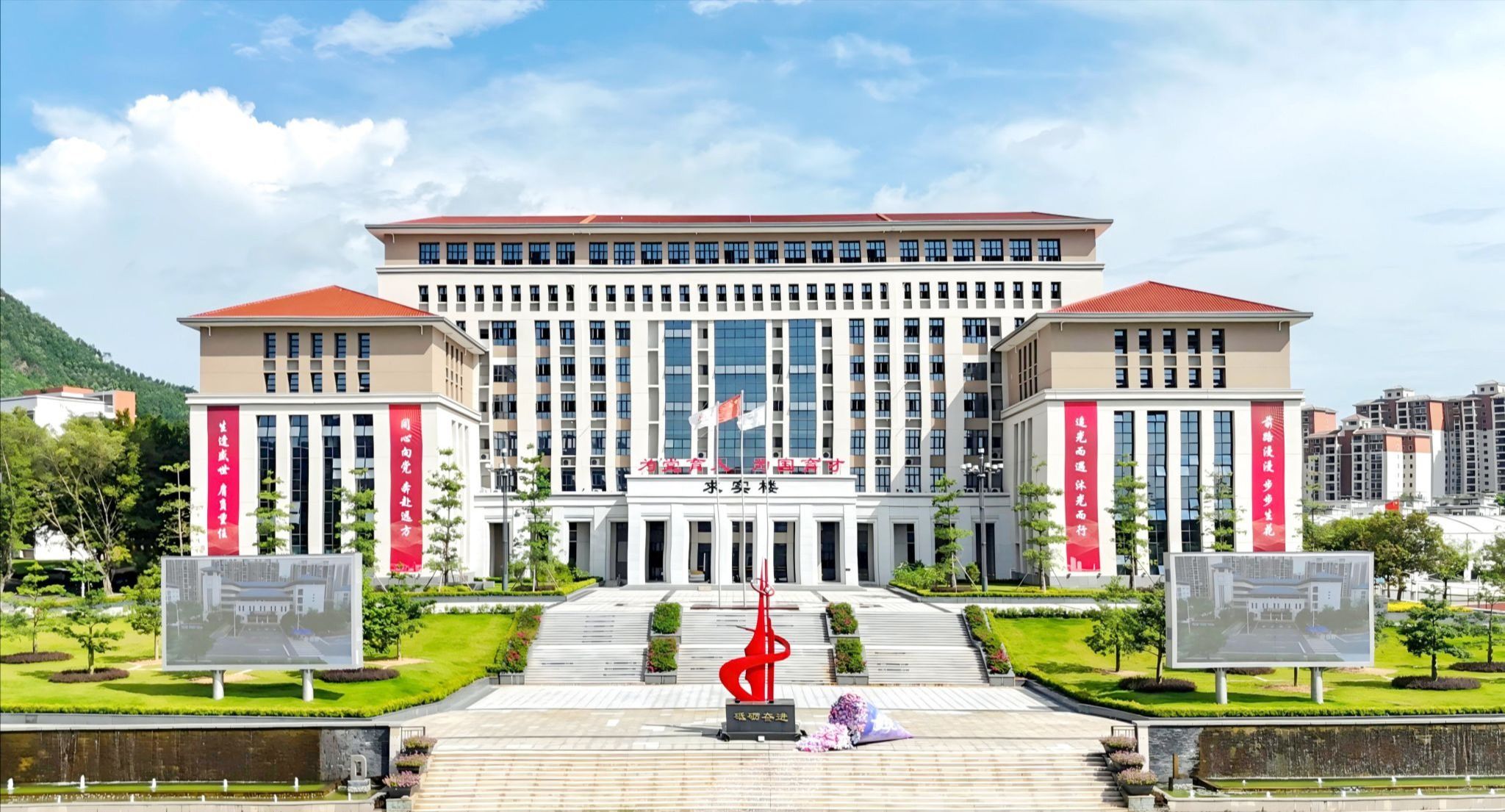
(1) Vision and Mission
As the College works to enhance its capacity to develop talents and address local needs, it is committed to promoting socioeconomic development in the area. It puts standardized school management first while fully bringing out the potential of higher education. By adopting a people-centered approach, it fosters the enthusiasm and creativity of teaching staff and students, which serves as a catalyst for growth. It considers increased investment, improved educational facilities, and the ensured rights and interests of teachers and students as prerequisites for its development. All faculty and students have collaborated closely in pursuit of advancement, achieving notable progress across all key school initiatives.
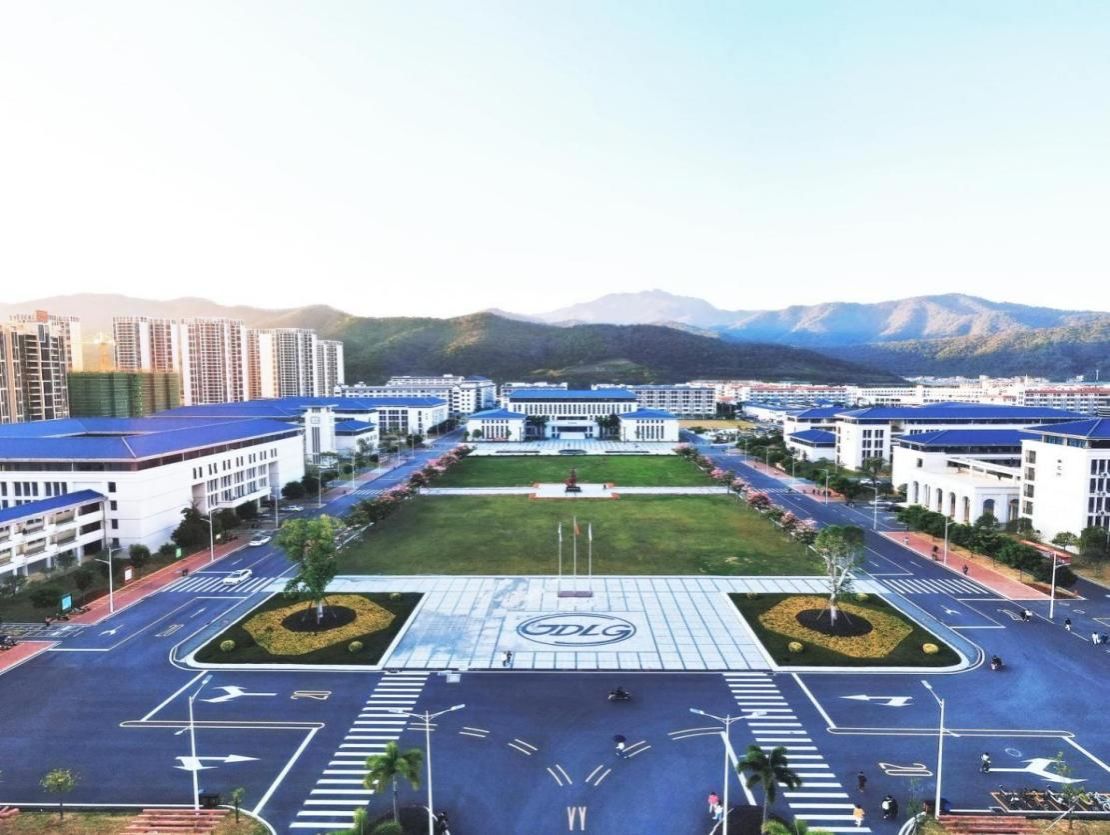
(2) School Emblem and School Motto
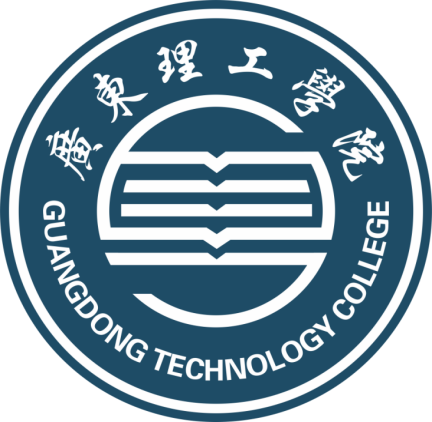
School Emblem: The central motif of the school emblem is derived from the imagery Chinese character “粤”, the cultural abbreviation for Guangdong, and incorporates the shape of a “mountain of books”. Books are not only the source of knowledge, but also an embodiment of cultural heritage, symbolizing students’ diligent pursuit of knowledge. Viewed as a whole, the emblem is characterized by the initials “G” and “D” for “Guangdong”. Together, they reflect the College’s educational philosophy of cultivating applied skilled talents that meet the development needs of Guangdong Province.
School Motto: Integrity, Truth-seeking, Diligence, Innovation
【Interpretation of the School Motto】
“Xiu De” (Integrity), from the Zuo Zhuan (Zuo’s Commentary on The Spring and Autumn Annals), means that through self-cultivation, one can enhance his or her qualities and achieve moral excellence.
“Qiu Shi” (Truth-seeking), as explained in the Shuowen Jiezi (Analytical Dictionary of Characters), represents the pursuit of truth through a scientific attitude and spirit.
“Du Xing” (Diligence), from Liji (The Book of Rites), means consistently applying what one has learned to achieve the unity of knowledge and action.
“Chuang Xin” (Innovation), from Nanshi (The History of the Southern Dynasties), refers to the encouragement of imaginative thought and creative behavior.
(3) History and Development
· In July 1995, the Zhaoqing Science and Technology Training School was established to provide non-degree educational programs with a focus on vocational training.
· In July 1996, the school expanded its scale and was divided into two campuses: one at the Zhaoqing Sports Center and the other on West Zhanqian Road.
· In July 2001, Jidong Campus, located on the Jidong Road in Zhaoqing, was built and put into use. In December of that year, it was authorized to offer secondary vocational education programs and was named Zhaoqing Science and Technology School.
· In March 2004, upon approval by the People's Government of Guangdong Province and registered by the Ministry of Education of the People's Republic of China, the school was upgraded to a full-time regular institution of higher education, renamed Zhaoqing Science and Technology Polytechnic. By 2006, the Jidong Campus covered an area of 120.57 mu (approximately 80,380 square meters) with over 120,000 square meters of academic and auxiliary facilities.
· In September 2007, the Gaoyao Campus, situated on Qifu Avenue, Gaoyao District, Zhaoqing, was officially put into use, with an area of 900 mu (about 600,000 square meters).
· In May 2014, approved by the Ministry of Education of the People’s Republic of China, the school was upgraded to a bachelor’s degree-granting institution and renamed Guangdong Technology College.
· In September 2017, the Dinghu Campus, located on Jinding Road, Dinghu District, Zhaoqing City was completed and officially put into operation, covering an area of 478 mu (approximately 318,667 square meters).
· In May 2018, the College was officially approved as a degree-granting institution for bachelor’s degrees following a review conducted by the Expert Committee of the Academic Degree Evaluation Committee of Guangdong Province.
(4) School Orientation and Overview of Disciplines
l School Orientation:
Regional Application-Oriented Undergraduate Institution of higher education.
l Educational Level Orientation:
Application-Oriented Undergraduate Education.
l Disciplines and Majors:
Application-Oriented Disciplines and Majors. It takes engineering as the main focus, with coordinated development of disciplines such as economics, management, liberal arts, art, and education.
l Talent Cultivation Goals:
To cultivate applied professionals with strong moral character, a heightened sense of social responsibility, a robust spirit of innovation, a solid disciplinary foundation, outstanding practical skills, high-level overall competence and well-rounded development in morality, intellect, physical fitness, aesthetics, and work ethic.
l Service Orientation:
To provide comprehensive support and services in talent development, technology, intelligence, culture, sports, and public welfare that are needed to promote the socioeconomic development of Guangdong Province, the Greater Bay Area, and Zhaoqing City.
l Development Goal:
To build an application-oriented private undergraduate institution that meets operational standards, with distinct applied characteristics, and a prominent advantage in engineering disciplines.
l Basic Situation of Disciplines:
The College now comprises nine secondary schools, together with a School of Marxism, a Department of Basic Education, and a General Education Center. It offers 37 undergraduate programs covering six major disciplines: engineering, economics, management, literature, art, and education.
II. Governance and Leadership
(1) Introduction to Board Members
· Chairman:Ye Nianqiao
· Vice Chairmen:Hu Haijian, Chen Xiaoyang
· Members: Ye Nianjiu, Li Yan, Chai Weisi, Liu Xiangping, Tan Jinxing, Li Huiyou, Tang Jianning, Shu Cheng
· Members of the College Management Team
· Secretary of the Party Committee: Hu Haijian
Presides over the overall work of the Party Committee of the College and is in charge of the Party Committee Office, Organization Department, United Front Work Department, Publicity Department, Youth League Committee, and the Working Committee for Care of the Next Generation.
· President: Chen Xiaoyang
Presides over the overall administrative work and Finance Department.
· Deputy Secretary of the Party Committee: Zhang Zongshan
Responsible for discipline inspection and student affairs, the Discipline Inspection Commission, Supervision Office, Student Work Department of the Party Committee (Student Affairs Office), Armed Forces Department of the Party Committee (Security Office), One-Stop Student Community Service Center, Career Guidance Center, Admissions Office, and Mental Health Education Center.
· Deputy Secretary of the Party Committee: Li Huiyou
Responsible for assisting the Secretary of the Party Committee in managing Party affairs, student management and disposal of student letters and visits on Dinghu Campus.
· Executive Vice President: Chai Weisi
Responsible for daily administrative affairs, qualification assessment of undergraduate teaching, and science, technology, and social services, the Teaching Quality Monitoring and Evaluation Center, Science and Technology Department, Education Supervision Office, and Network and Modern Educational Technology Center.
· Vice President: Liu Xiangping
Responsible for teaching and discipline/program construction, Academic Affairs Office and School of Continuing Education.
· Vice President: Tan Jinxing
Responsible for administrative work, the School Office, Labor Union, Logistics Department, and Infrastructure Construction Department, and concurrently serves as Chairman of the Labor Union.
· Vice President: Tang Jianning
Responsible for personnel affairs and faculty team building, the Faculty Work Department of the Party Committee (Human Resources Office), Faculty Development Center, and Library.
· Vice President: Shu Cheng
Responsible for managing administrative work on Dinghu Campus, students’ comprehensive corporate internships, school-enterprise cooperation, vocational and technical training, and the International Education College, Corporate Comprehensive Practice Education Center, Vocational and Technical Training Center, School-Enterprise Cooperation Office, and Procurement Center, and concurrently serves as Director of the Vocational and Technical Training Center.
· Vice President: Liang Weixiong
Responsible for asset and equipment management. In charge of the Asset and Equipment Management Department, and concurrently serves as Director of the Asset and Equipment Management Department.
(2) Address by the President of Guangdong Technology College
Guangdong Technology College, based in Guangdong, facilitates and serves the development of the Guangdong-Hong Kong-Macao Greater Bay Area, cultivating high-quality, applied innovative talents. As a college that adheres to the education strategy of “Industry-Education Integration, School-Enterprise Cooperation”, we closely match regional industrial demands to create a professional layout focused on engineering with multi-disciplinary development.
We adhere to a practice-oriented approach, partnering with industry leaders to establish joint training bases that enable students to apply knowledge in practice. We insist on innovative training, implement teaching by “dual-qualified teachers”, and strengthen skills competitions and innovation and entrepreneurship education in order to enhance the competitiveness of every graduate. We adhere to open-door education, expand international exchanges and cooperation, and provide students with a broader development platform.
We strive to ensure that every student here can "achieve academic success and put their achievements into practice", and cultivate high-quality, applied, innovative talents who aspire to act, acquire expertise, and achieve results.
III. Strategies and Plans
The College takes “establishing distinctive features, enhancing quality, and driving growth through openness” as the main line, constructs a closed-loop system of “Goal-Path-Guarantee”, and formed six action plans.
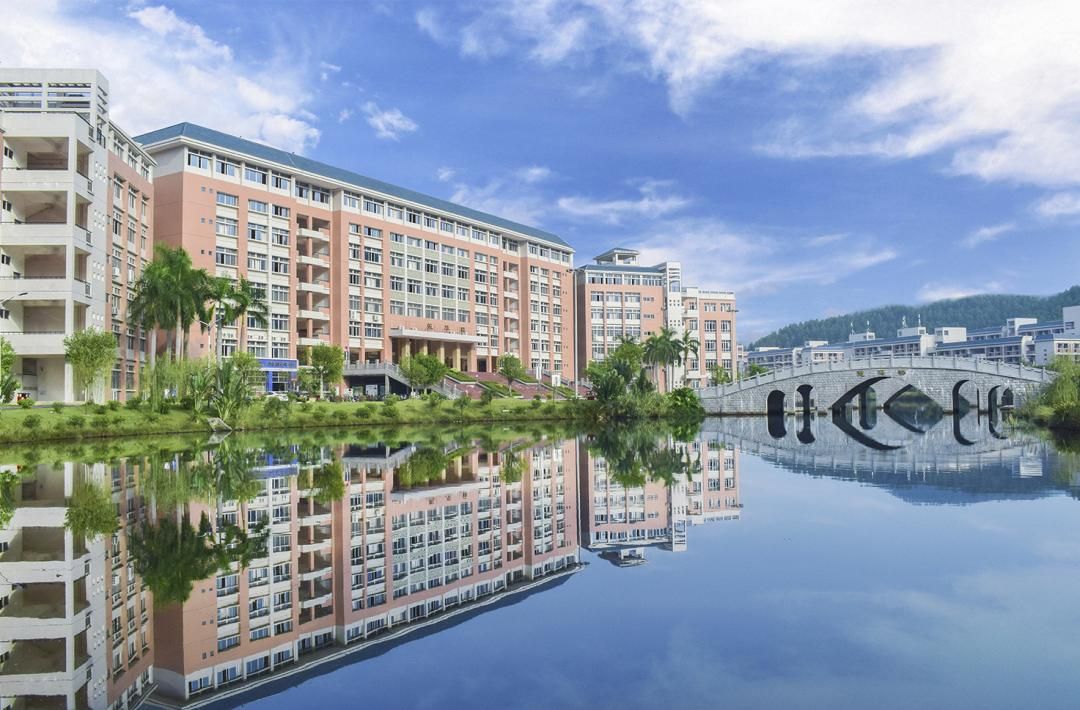
(1) Talent Cultivation Strategy
In alignment with the Guangdong-Hong Kong-Macau Greater Bay Area, we have launched an integrated reform encompassing "professional clusters, curriculum reconstruction, and industry-education integration". We will expand the scale of engineering disciplines, promote outcome-based education, and collaborate with enterprises to build a cluster of demonstration projects.
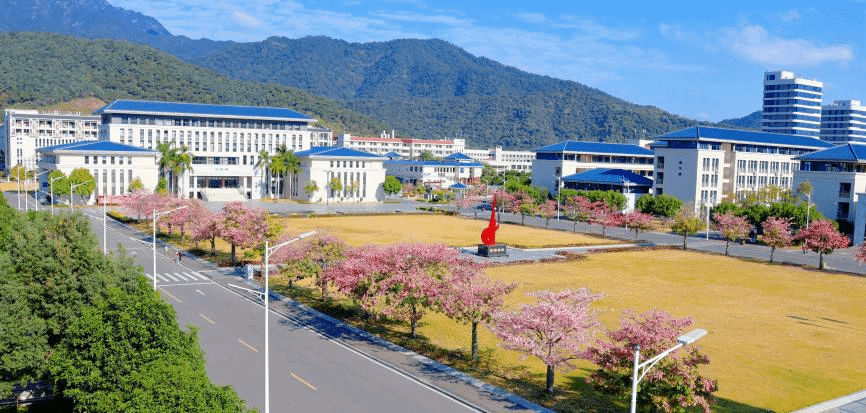
(2) Academic Discipline and Scientific Research Strategy
We will establish a three-level science and innovation system spanning "provincial, municipal, and college levels". Provincial key laboratories, municipal and university-level characteristic platforms will be synergistically arranged, with projects, papers, and patents transformed on-site and integrated into the local industrial chains.
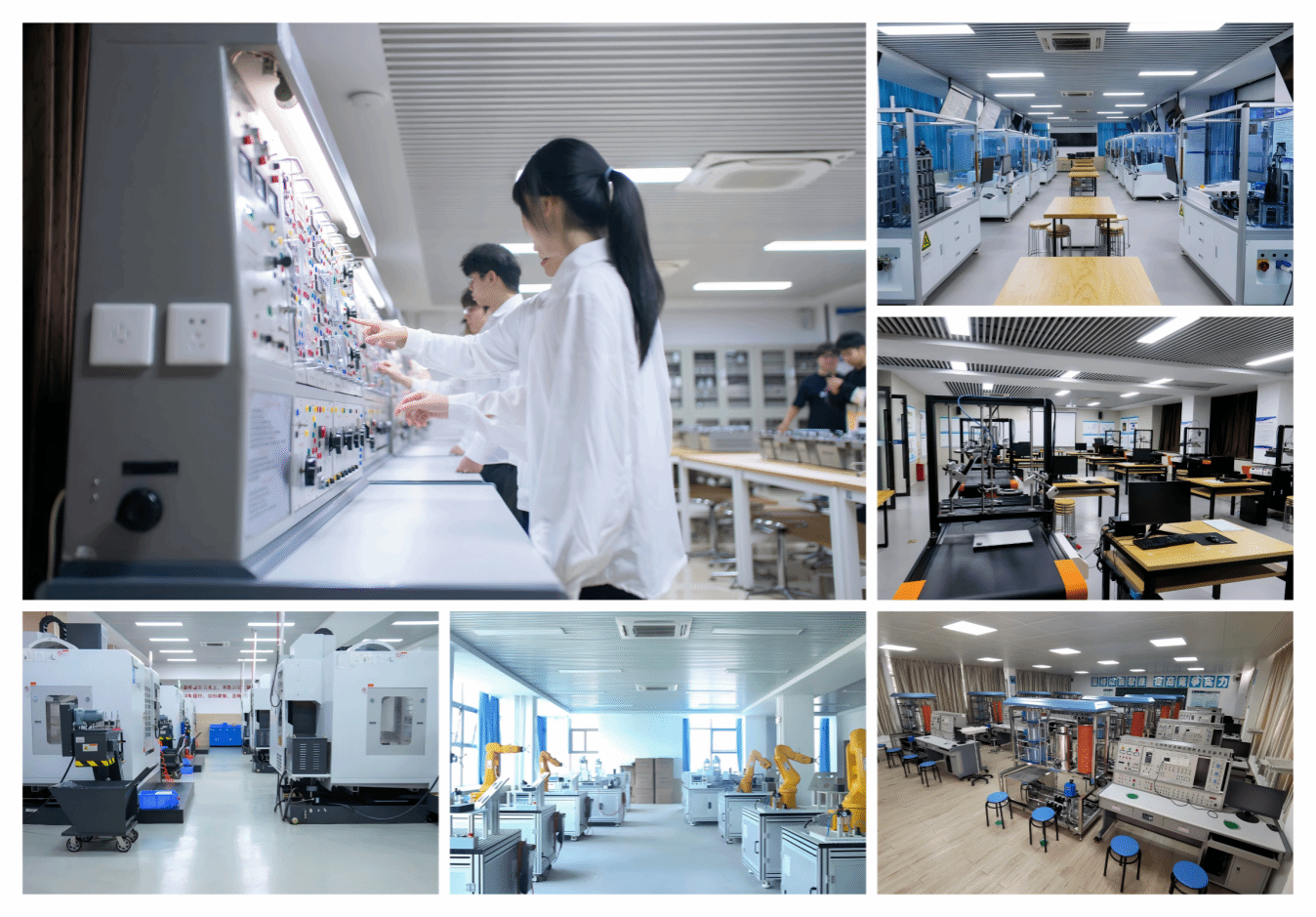
Laboratory Construction
(3) Faculty Development Strategy
The proportion of high-level talents will be significantly increased. We will implement a green channel for high-level talents, a re-employment program for silver-haired teachers, and an overseas visiting scholar program, providing full-cycle and lifelong growth support.
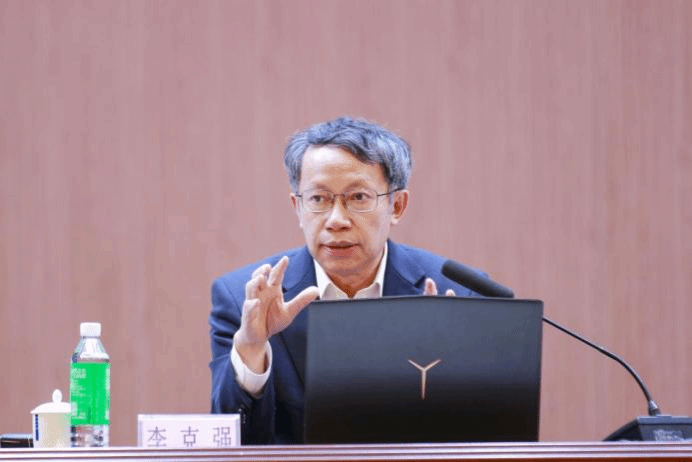
Lecture delivered by Academician Li Keqiang of Tsinghua University.
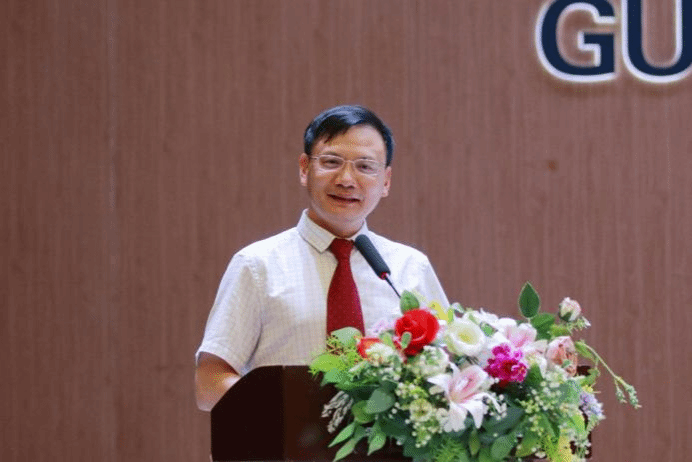
Lecture delivered by Professor Wang Zuoshu, Honorary President of the China Association for Non-Governmental Education.
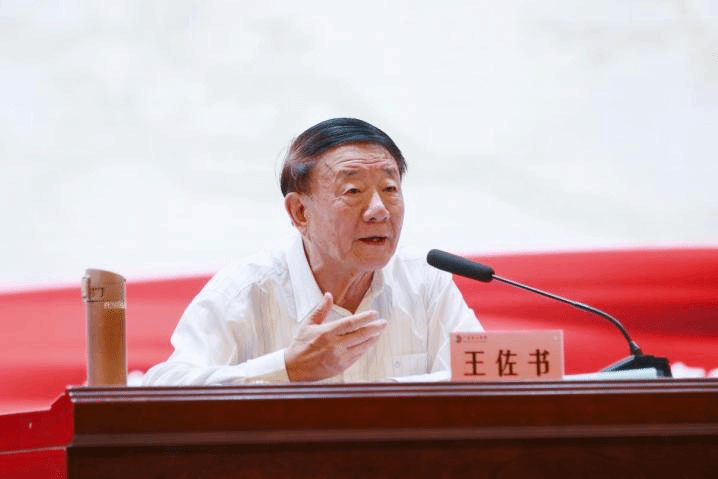
Lecture delivered by Professor He Zhengyou, Member of the Standing Committee of the Party Committee and Vice President of Southwest Jiaotong University.
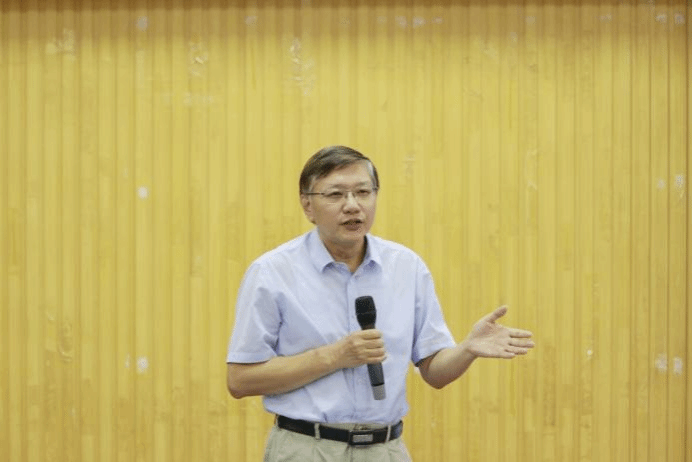
Lecture delivered by Professor Yan Bo from the College of Aeronautics and Astronautics, Chongqing University.
(4) Internationalized Education Strategy
We will: expand overseas partner institutions and regional synergy centers, launch new Sino-foreign cooperative education programs, arrange full-time teachers for further studies overseas, and recruit foreign teachers to take courses to form an international faculty pool with two-way mobility and continuous renewal.
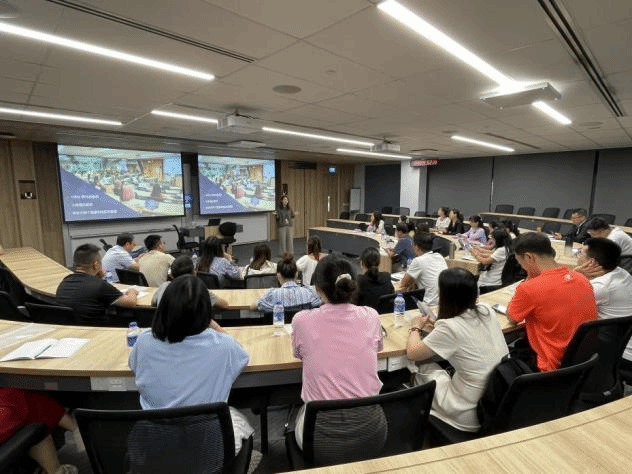
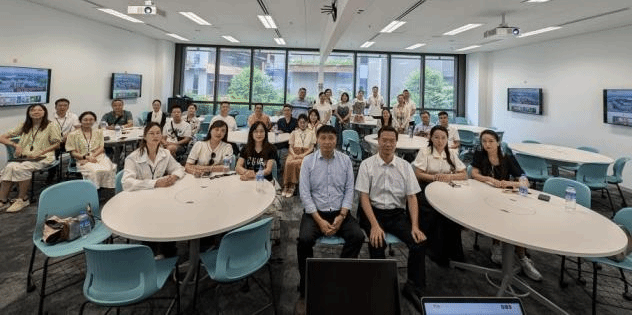
Study Group in Singapore.
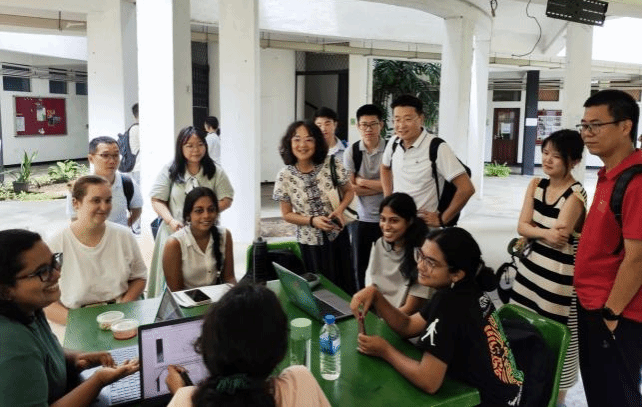
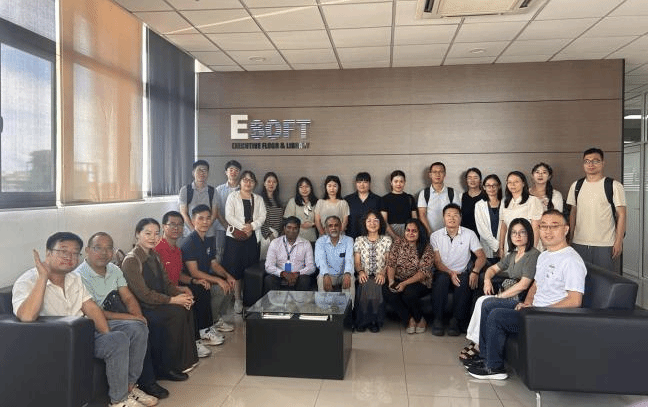
Study Group in Malaysia
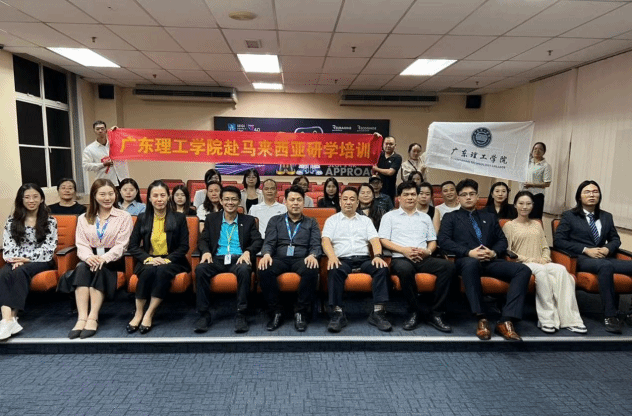
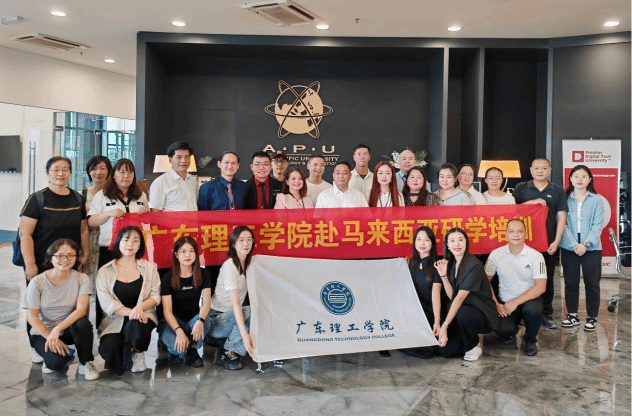
Study Group in Sri Lanka
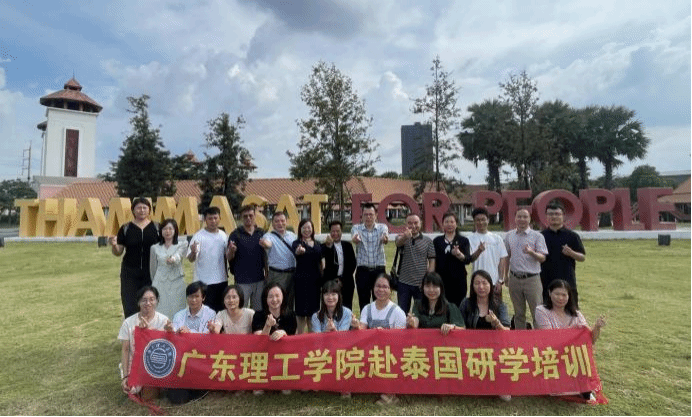
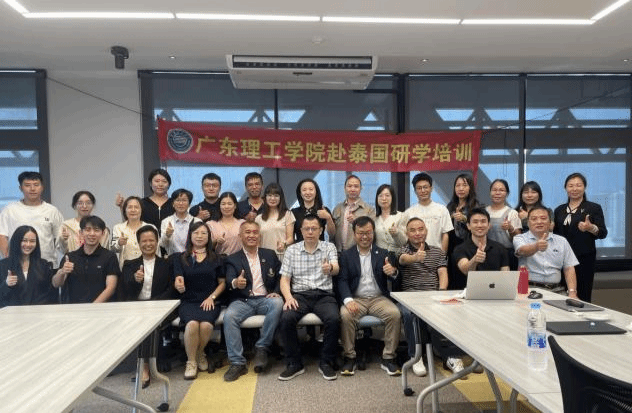
Study Group in Thailand
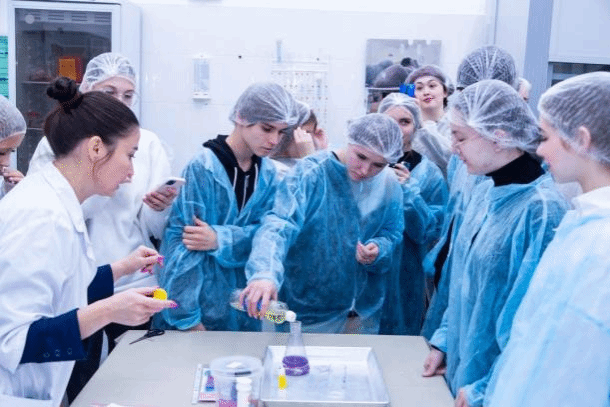
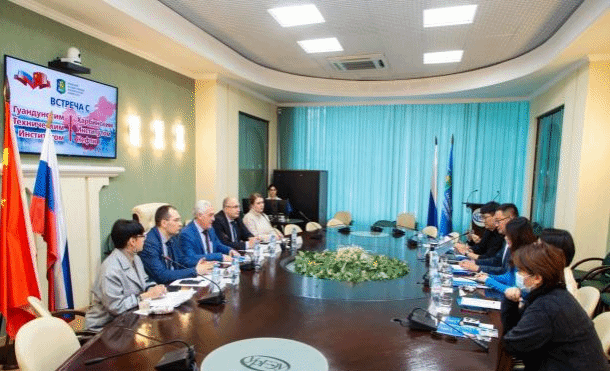
Study Group in Russia
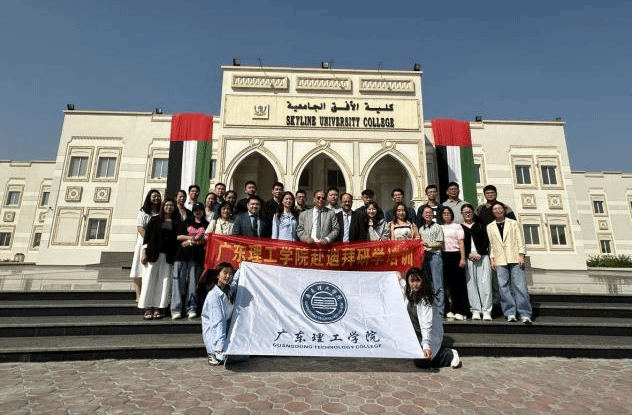
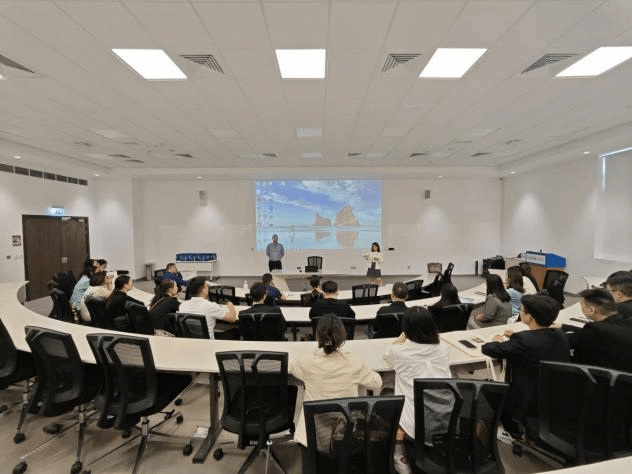
Study Group in Dubai
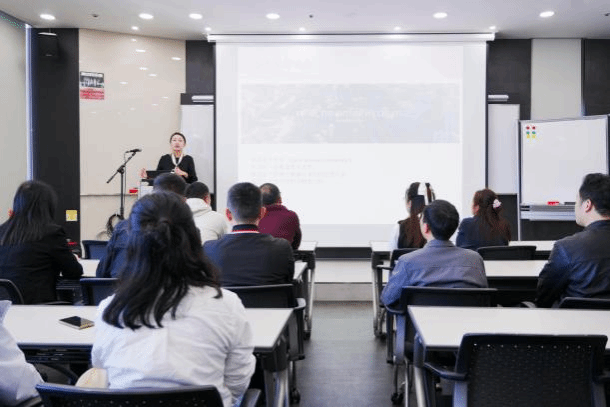
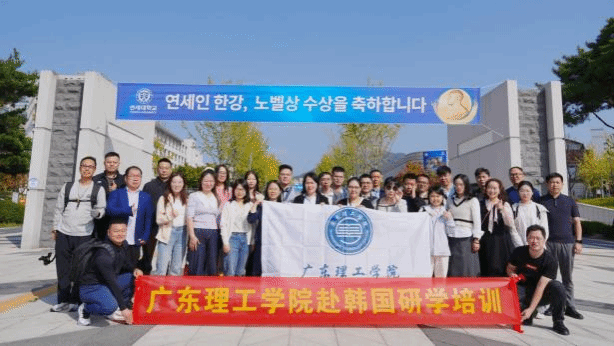
Study Group in Korea
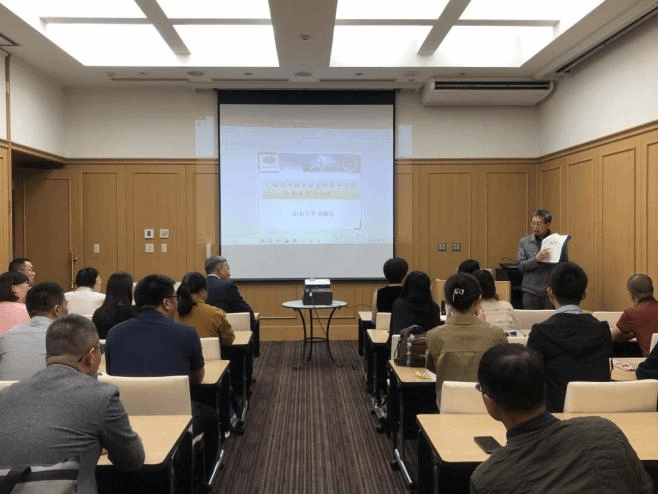
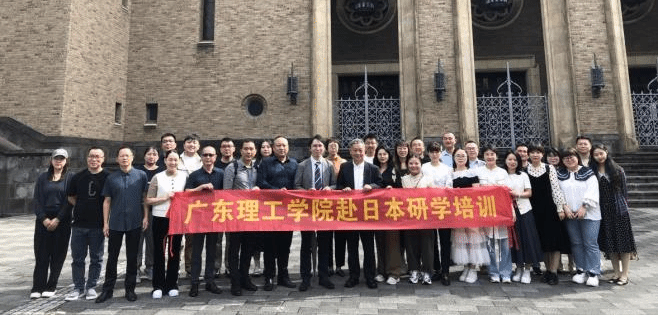
Study Group in Japan
(5) Strategy for Smart Campus and Green Campus
We will build a university-level integrated service platform of informatization construction and implement a spatial layout and all newly-built and renovated buildings will fully meet the green building standards.
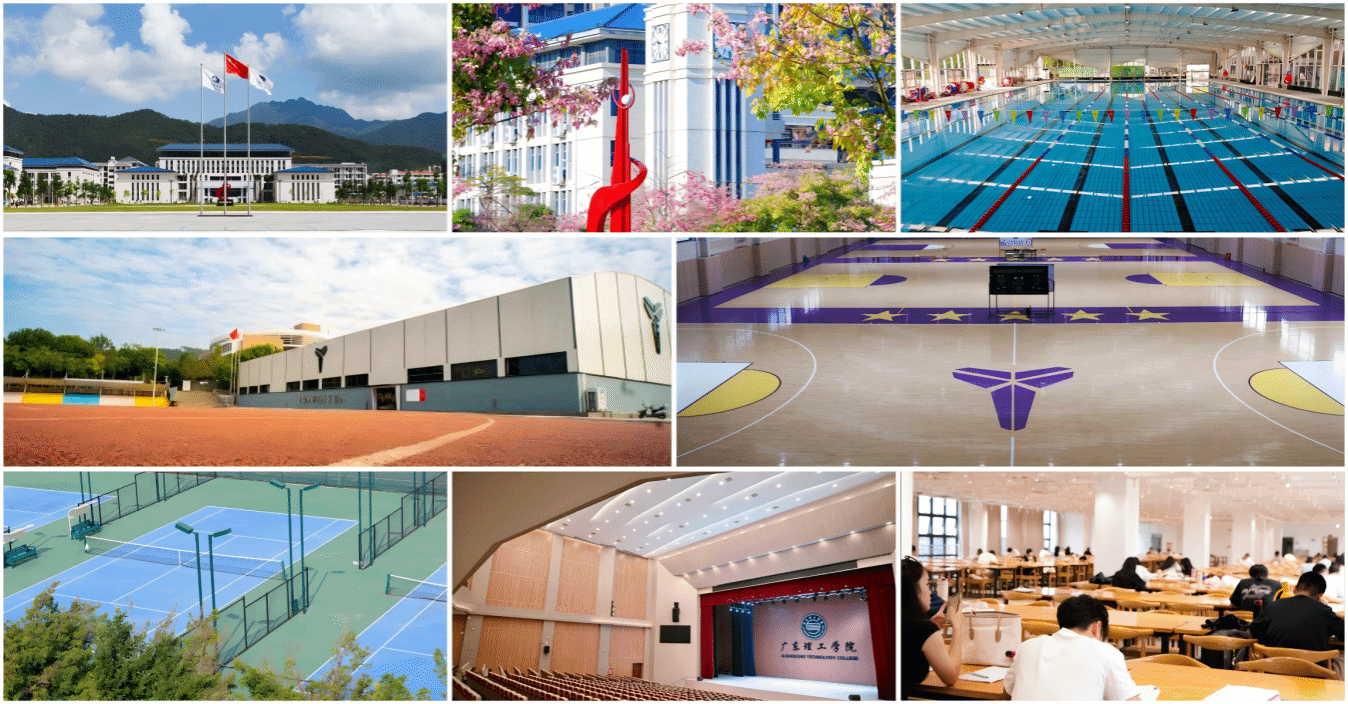
Campus environment
(6) Strategy for Cultural and Social Service
Distinctive brands will be built with the carriers of "Four Museums, Five Corridors and Three Squares" and the converged media center. Relying on the system of "training, continuing education, voluntary services and rural revitalization", we are aiming to construct a sustainable ecology featuring symbiosis between the college and the local community as well as a win-win cooperation between the college and enterprises.
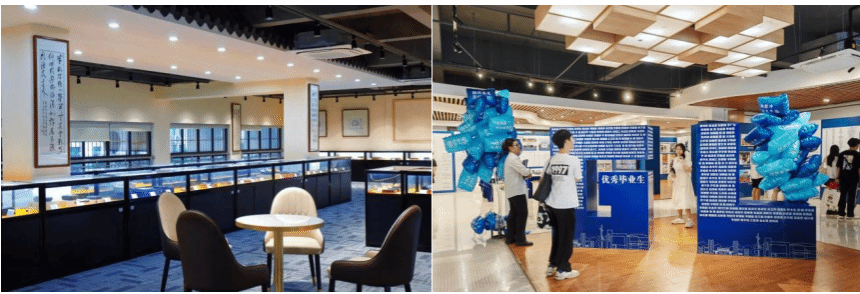
Cultural Exhibition Hall and Corridor
IV. Achievements and Development
Acting as a distinctive higher-education institution, we have been continually striving for excellence in the field of education, thus achieving remarkable accomplishments.
We have 2 provincial key disciplines; 2 provincial first-class undergraduate major construction sites; 8 provincial first-class undergraduate courses; 1 Zhaoqing municipal key discipline; 1 Guangdong Engineering Technology Research Center; 4 Guangdong Experimental Teaching Demonstration Centers; 1 Zhaoqing Engineering Technology Research Center; and 1 Zhaoqing Key Laboratory.
In March 2025, the latest Alumni Association 2025 China University First-Class Major Rankings released by Cuaa.net showed that the Standardization Engineering of Guangdong Technology College was awarded the 2025 China Three-Star Applied Major (3★), ranking among China's regional first-class applied majors. Students have achieved outstanding results in various academic competitions, demonstrating solid professional literacy and innovative capabilities. In 2024, among 37 national university academic competitions, a total of 961 won awards, including 270 national level with 24 first prizes, 40 second prizes and 43 third prizes and 691 provincial level with 32 first prizes, 88 second prizes and 151 third prizes.
In 2024, in more than 50 provincial and above sports competitions, a total of 796 ranked among the top 8 with 311 on the top 3. Specifically, 9 gold medals, 19 silver medals and 36 bronze medals were won in national sports competitions; 27 gold medals, 35 silver medals and 55 bronze medals were obtained in provincial sports competitions.
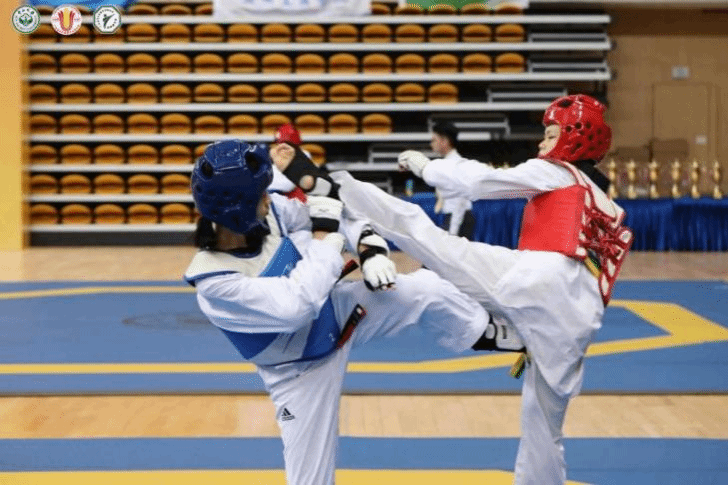
Students won provincial gold medals in the taekwondo competition.
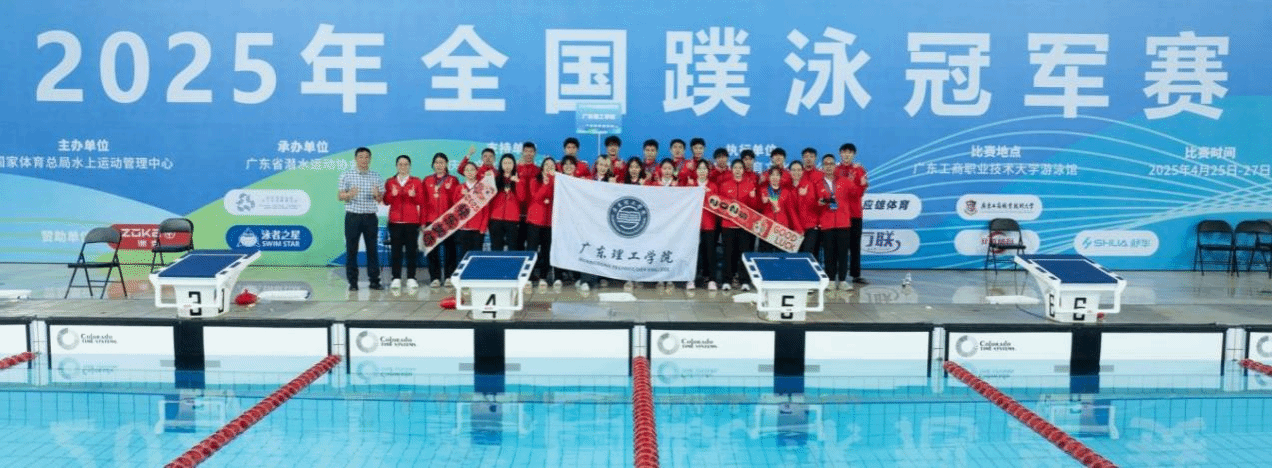
Students broke the competition record in the swimming contest.

Campus Gala Evening

Hosting the provincial basketball league.
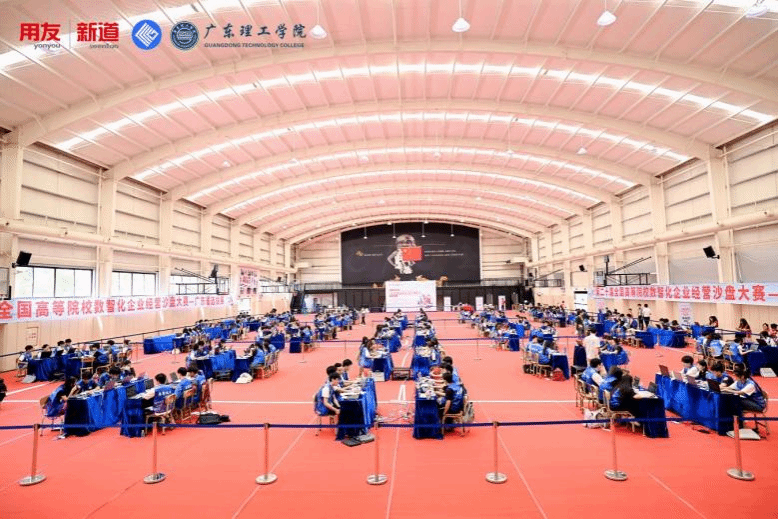
Hosting the provincial division of the National Collegiate Digital and Intelligent Closing Ceremony Enterprise Management Sandtable Competition.
The integration of industry and education is a major highlight of Guangdong Technology College. The university has established in-depth cooperative relationships with many well-known enterprises such as iFlytek, Huawei Xunfang, and Xindao UFIDA, and jointly built 8 industrial colleges including the Artificial Intelligence Industry College, Huawei ICT Industry College, and Digital Intelligent Accounting Industry College. The college has also co-founded 21 micro-majors with enterprises and public institutions such as Guangdong Yueke Standardization Research Institute, Glodon, and Xindao Technology. Among them, 3 micro-majors including HarmonyOS Full-Stack Development have been selected as typical cases at the 2025 Symposium on Micro-Major Construction in Colleges and Universities hosted by the Applied Curriculum Construction Alliance.
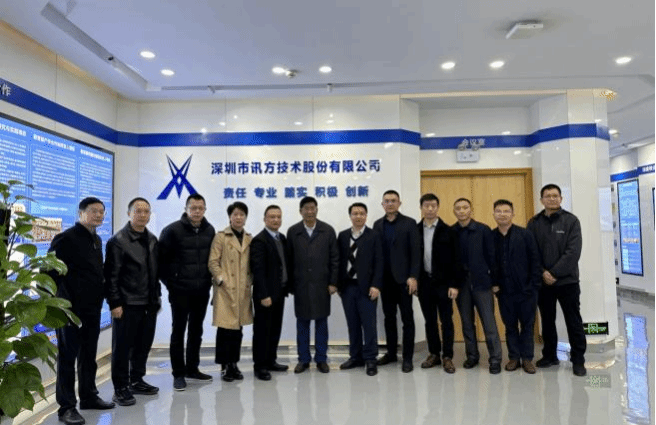
Chairman Ye Nianqiao led a delegation to BYD, Xunfang and other enterprises to discuss school-enterprise cooperation.
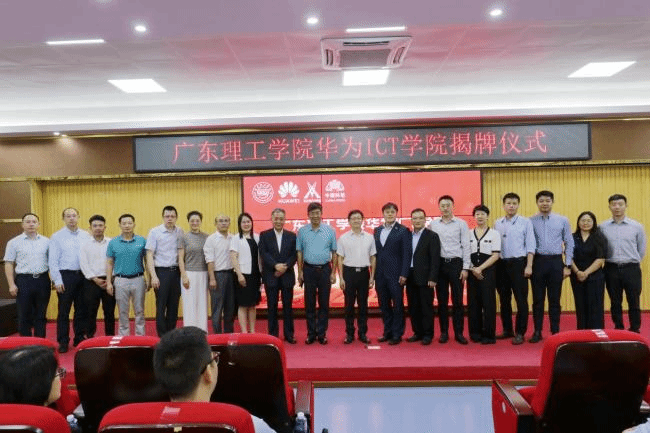
Jointly establishing the Huawei ICT Academy with Huawei Technologies Co., Ltd. and Shenzhen Xunfang Technology Co., Ltd.
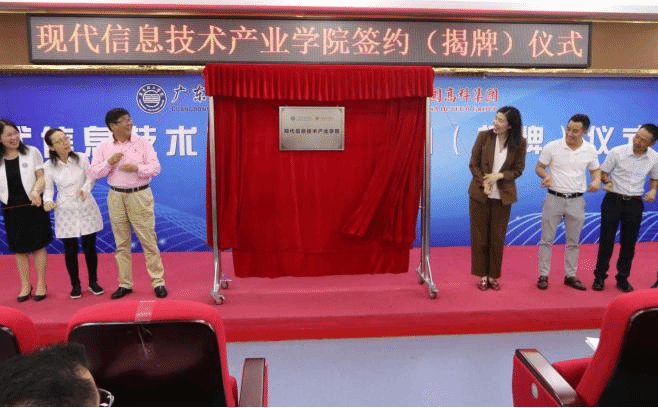
Co-establishing the Modern Information Technology Industry College with China High-Tech Group.
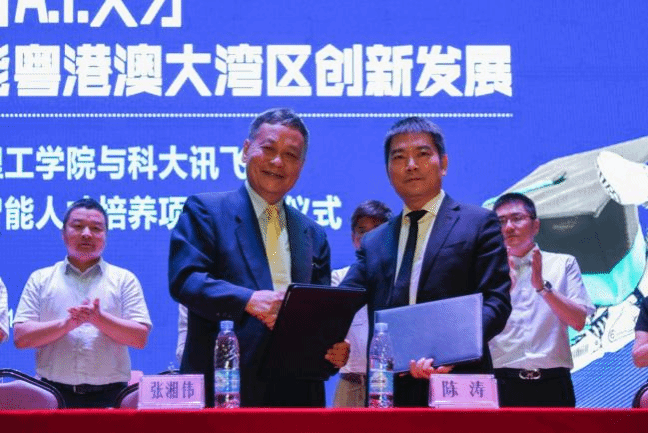
Signing a contract with iFlytek Co., Ltd. to jointly build a talent training project.
With outstanding performance, the college has received numerous honors. It has been awarded the title of "National Excellent Base for Applied Talent Cultivation Project" for many consecutive years. At the 15th National Conference on Digital and Intelligent Talent Cultivation and Industry-Education Integration Development, it won the "Golden Achievement Award for School-Enterprise Cooperation" and was named one of the "Top 100 Universities for Industry-Education Integration in China", which is a high recognition of the university's work in industry-education integration. The employment rate of graduates has remained at a high level for many years, reaching 96.46% in 2024, fully demonstrating that the quality of talent cultivation in the university has been widely recognized by society.
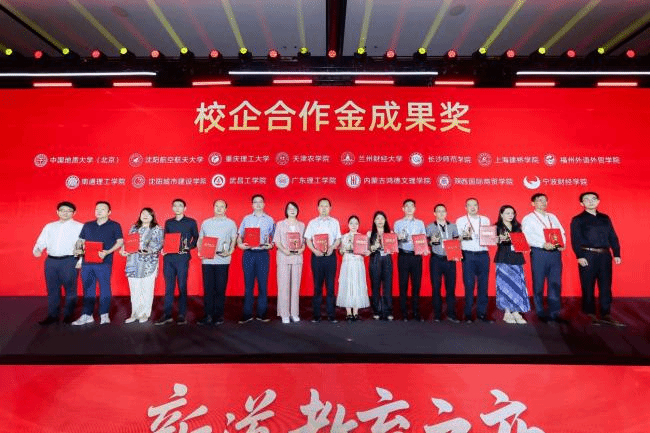
Winning the Golden Achievement Award for School-Enterprise Cooperation.
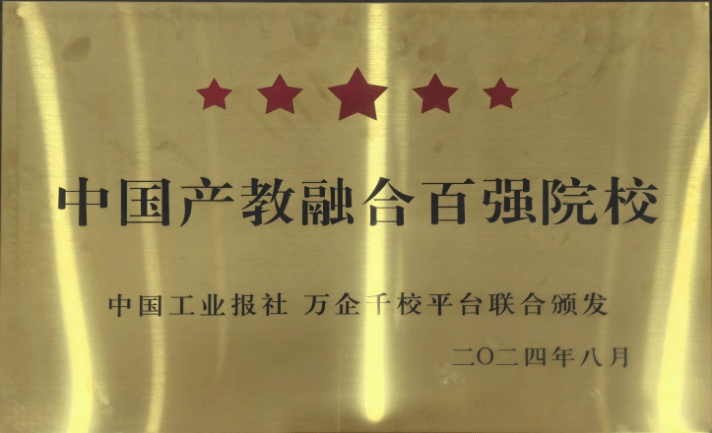
Ranking among China's Top 100 Universities for Industry-Education Integration.
Looking ahead, we will continue to deepen educational and teaching reforms, expand the breadth and depth of school-enterprise collaborations, and continuously elevate the quality of talent cultivation and scientific research innovation. We are committed to nurturing a greater number of high-quality applied talents for regional economic and social development, writing a more brilliant chapter in building China into a leading educational nation.
 Current position:
首页
->
CHINA KEPEI EDUCATION GROUP LIMITED
->
Our Campuses
->
Content
Current position:
首页
->
CHINA KEPEI EDUCATION GROUP LIMITED
->
Our Campuses
->
Content